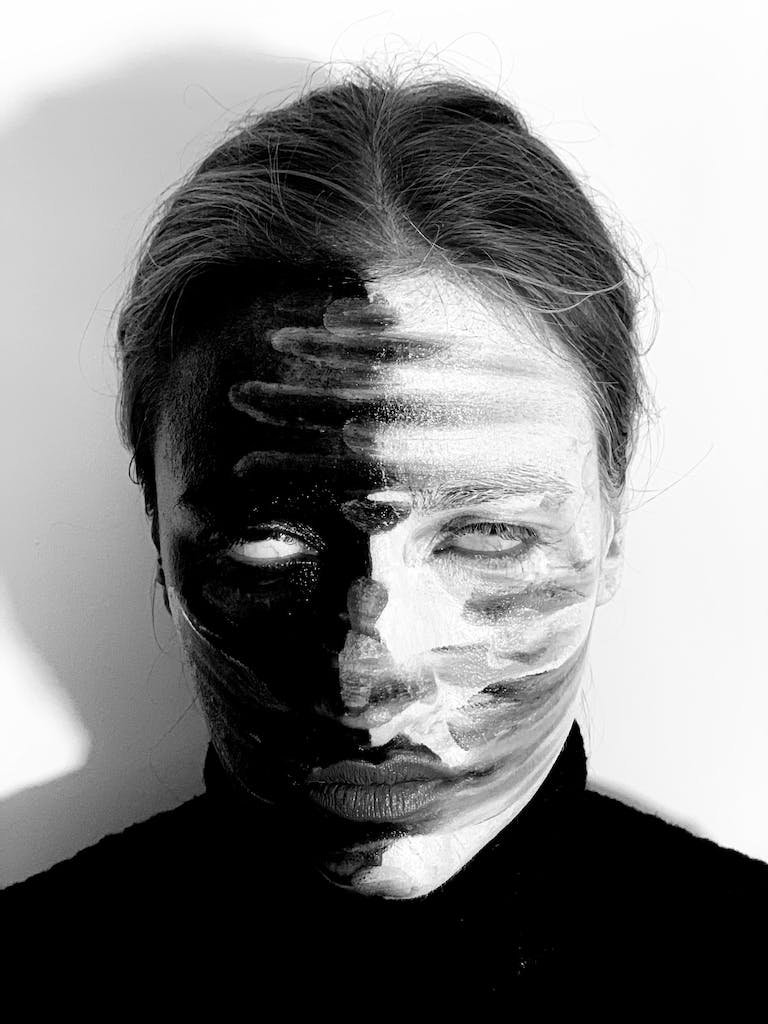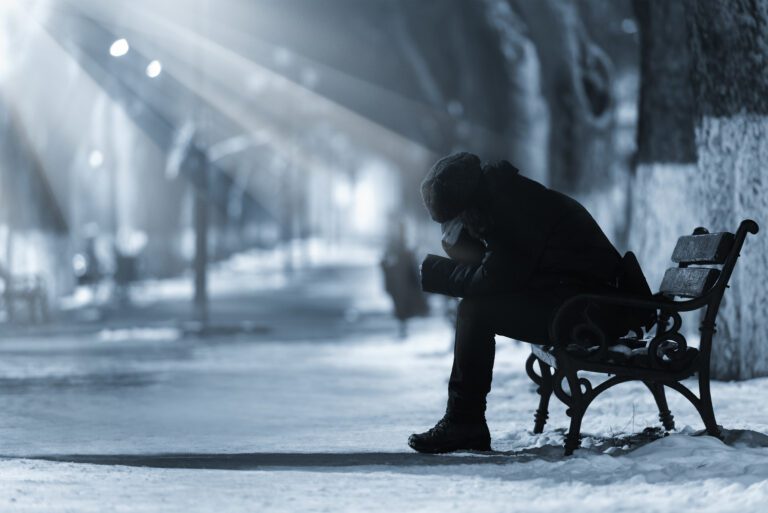Bipolar Depression Is Scary And Alarming
Bipolar depression is similar to unipolar depression, but there are two main differences. It generally takes bipolar depression longer to get under control, and it rarely responds to traditional treatments.
The DSM is a diagnostic manual to help doctors diagnose a mental illness like bipolar disorder. A bipolar depressive episode must have four of the following criteria, and they should be new and/or worse, plus last for at least 2 weeks:
- Feelings of worthlessness or guilt.
- Decreased energy.
- Changes in appetite or weight.
- Sleep changes.
- Changes in psychomotor activity.
- Trouble thinking, making decisions, or concentrating
- Thoughts of death, plans of suicide, or suicide attempts.
If you are concerned someone may be considering suicide, please seek out help immediately. You can call the National Suicide Prevention Lifeline at (800) 273-8255.
With bipolar depression, there are a few things you can do to alleviate the negative symptoms and reduce the length of time of the depressive episode.
These are merely suggestions that have worked for me and could help you too:
1) Get Moving
I used to say exercise should be your main deterrent to a depressive episode (besides medication, of course), but my experience has shown me something otherwise.
If you are feeling depressed, doctors always say to exercise. It seems counterintuitive because the last thing you want to do is anything at all.
If you are already working out and following a consistent exercise program, it is easier to continue by following the motions. However, it is nearly impossible to start an exercise program if you are depressed.
Your best bet is to just get moving—walking to the mailbox, taking your dog out for a walk, or even walking the stairs in your house.
The point is to just move!
2) Maintain a Consistent Wake/Sleep Cycle
Going to bed and waking up at the same time each day has positive benefits for any person.
If you have bipolar disorder, your nighttime and wake schedule must be on point.
Sleeping too little or too much can intensify and/or lengthen the depressive episode.
Focus on your sleep hygiene and improve it to the best of your ability.
3) Aromatherapy
Various scents and smells can have different effects on the mind and body.
Each person is biologically unique. Just like medications affect individuals differently, so do aromatherapy oils.
There are different delivery methods for aromatherapy. I like to use a diffuser with the oils I purchase. There are also roll-ons, sprays, lotions, and more.
Find some oils and use a delivery method that works well for you.
4) Get Outside
The simple act of getting outside can help enhance your mood.
Getting fresh air and sunlight daily has been shown to have a positive mood-heightening effect.
Have you ever taken a really cold shower? You know how it can wake you up, give you a jolt of energy, and help you feel refreshed.
I live in Colorado and during the winter, getting outside is similar in response to a cold shower. Being out in the Colorado weather is physically invigorating.
Get outside and you will feel better.
5) Use a Light Box
Using a light box can help give your mind that extra boost of energy to relieve your depression and make you feel better.
It is important to note that using a light box more than prescribed can trigger a manic episode.
A proper light box can only be prescribed by a physician and should be used with your doctor’s specific instructions.
6) Interact with People
Some people do not enjoy being around others. This can be because they are introverted, have social anxiety, or a host of other reasons.
If you are able, I find it therapeutic and uplifting to make a neighbor or friend smile. To brighten up another person’s day greatly enhances my overall well-being.
Next time you walk by someone, just flash a big smile and see the response. More times than not, you will get a happy reply back.
7) Take Up a Hobby
Take up a new hobby or you may have one already.
It is sometimes easier to have a hobby and do it than to take up a new hobby when you are depressed.
With bipolar depression, sometimes the only thing you can do is survive.
Hopefully, you can try one or more of these 7 ideas to find some relief.
I know how it feels to be down, depressed, hopeless, suicidal, unable to function, not able to take care of myself or be around others. I can feel exhausted, tired, and feel physically sick all over.
It is true what they say about the mind and body connection. When the mind is not functioning properly, neither is the body, and vice versa.
Do you have anything in particular that you do when you are going through a depressive episode?




